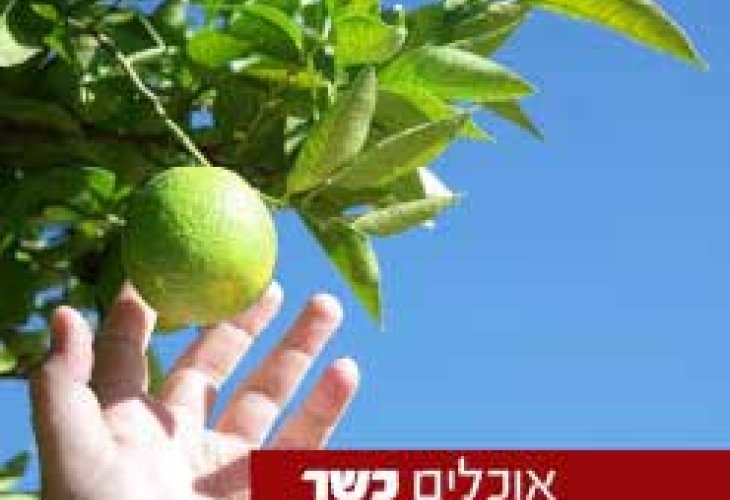Jewish Law
The Prohibition of Orlah
The prohibition of orlah proscribes all fruits produced by a tree within its first three years
- Rabbi Shneur Zalman Rivech
- |Updated

The Torah states: "When you enter the land and plant any tree for food, you shall regard its fruit as forbidden; three years it shall be forbidden to you, it must not be eaten." From this verse, we learn that all fruits produced by a tree within its first three years are forbidden on account of the prohibition of orlah. The Jewish people were obligated to observe this commandment immediately upon entering the Land of Israel, at the beginning of the conquest under Yehoshua (Joshua). However, they were only obligated regarding trees planted from that point forward, while trees that had already been planted before they entered the land were exempt from orlah, even if three years had not yet passed. It is instructive to consider several fundamental elements of the prohibition of orlah:
- How should a tree’s years be counted? It’s important to know that this is not uniform in all cases. Sometimes one must count three full years, and sometimes less (we’ll expand upon this point soon). However, the counting always begins from when the tree is planted, not from when the tree begins to produce fruit. Even if the tree does not produce any fruit in its first years, from the fourth year on, the fruits are no longer subject to the laws of orlah.
- The laws of orlah apply to trees that grew from seeds, from cuttings, or from planting a bare-root sapling.
- Fruits that are forbidden on account of orlah remain forbidden forever, even after the tree has passed its three years of orlah.
- One who eats an olive-sized portion of orlah fruit is liable to biblical lashes. This applies specifically to orlah fruit that grew in the Land of Israel. However, one who eats orlah fruit that grew outside of the Land of Israel receives only rabbinic lashes.
- One who drinks other liquids derived from orlah fruits, even in the required measure, is not liable to biblical lashes. However, one who drinks wine pressed from orlah grapes or oil extracted from orlah olives is liable to biblical lashes. Regarding the minimum amount that renders one liable, some say it is an olive-sized portion, but the primary ruling is that it is a quarter of the biblical liquid volume of a log.
- According to some opinions, one who derives benefit from orlah fruits by selling them or feeding them to animals is liable to biblical lashes. However, the standard halachic ruling is that one is not liable to biblical lashes and is rather punished with rabbinic lashes.
- From the moment the fruits have formed and are classified as orlah, there is an obligation to burn them, and they must be removed from the tree and burned. If they are not suitable for burning (such as liquids), there is an obligation to bury them. Some disagree and say there is no obligation to burn them. Some say that although there is no obligation to burn them, if one does so, he fulfills a mitzvah. The primary ruling follows the first opinion, that they must be burned, or buried if burning is not possible.
- Some say that orlah fruits should be removed while they are still flowers. However, the general halachic ruling is that the obligation to remove the fruits begins only after they have formed, and the laws of orlah apply to them. Therefore, if one removes the orlah while they are still flowers, the laws of orlah do not apply to them, and there is no obligation to burn them.
- Orchard owners are not required to mark orlah trees, and there is no concern about thieves violating the prohibition of orlah. However, during shemittah (the sabbatical year), when the orchard is considered ownerless and everyone has equal access to it, there is an obligation to mark orlah trees so that people will not mistakenly violate this prohibition. Similarly, if there are orlah trees within an orchard that has passed its orlah years, and there is a concern that someone will make a mistake, there is an obligation to mark the orlah trees to prevent people from violating the prohibition.

